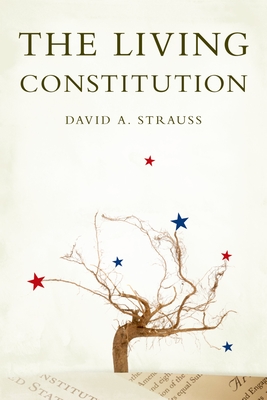
Two new books lay out two different accounts of living constitutionalism: "constitutional fidelity" in the first book, "common-law constitutionalism" in the second. These living constitutionalisms have a common enemy-originalism, roughly the idea that the Constitution should be read according to the public meaning the founding generation understood it to have. But once that enemy is slain, the two versions of living constitutionalism face new challenges. In the case of constitutional fidelity the challenges are insuperable, while for common-law constitutionalism they are merely daunting.Continue reading here.
A debate is on at The Book over John Summer’s review of The Admirable Radical: Staughton Lynd and Cold War Dissent, 1945-1970
 by Carl Mirra. TNR calls it a “Battle over Radical History.” Author Carl Mirra writes:
by Carl Mirra. TNR calls it a “Battle over Radical History.” Author Carl Mirra writes:The essay was couched as a review, but reads instead like a broadside against my subject, with little reference to the specific arguments raised in the biography. Summers accuses Lynd of refusing to "acknowledge the many-sidedness of history" in part because my subject "knows most of the answers in advance." Summers's "review" suffers precisely from his conscious distortion of the record to arrive at this own predetermined conclusions. In other words, Summers "knows most of the answers in advance," which prohibits him from examining the nuances of Lynd's scholarship and how it was dealt with in my biography.Lynd defends himself and explains the relationship between his activism and his historical work.
And Summers responds.